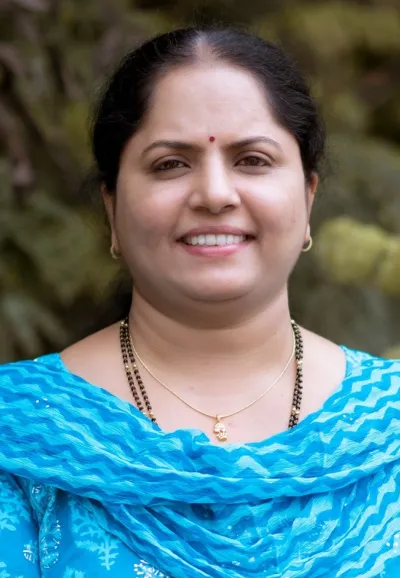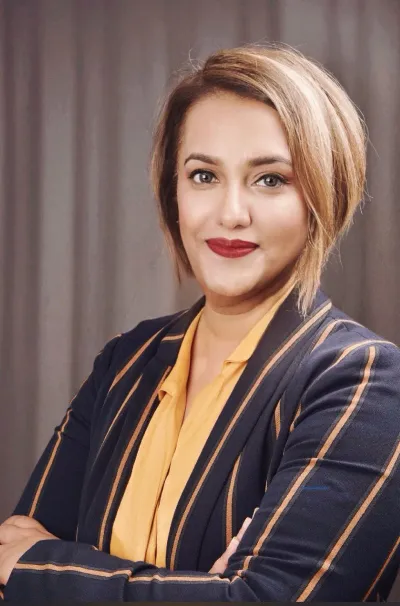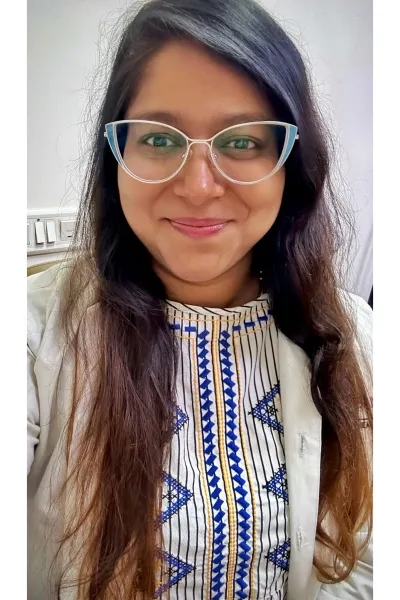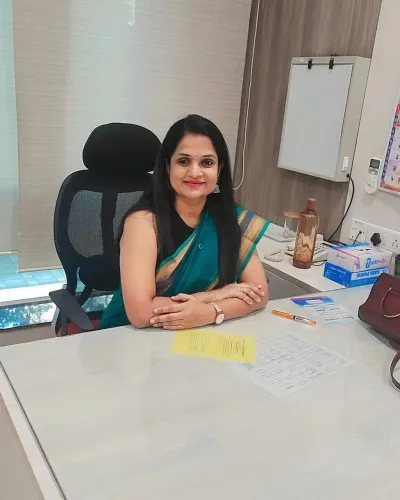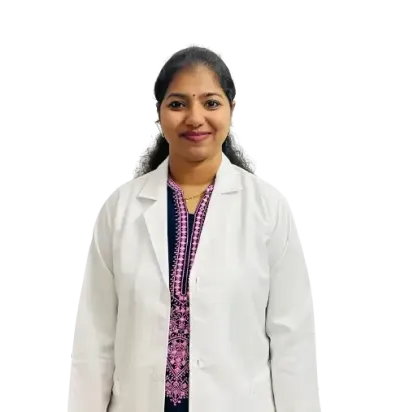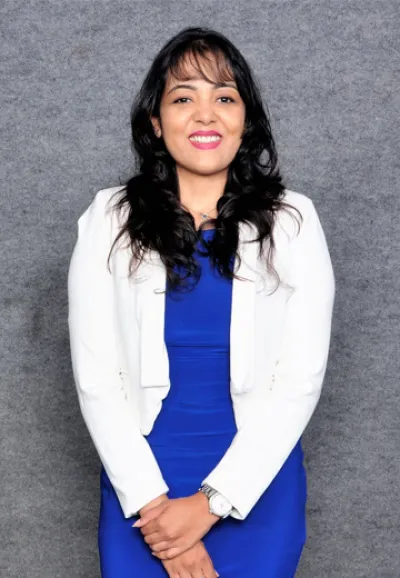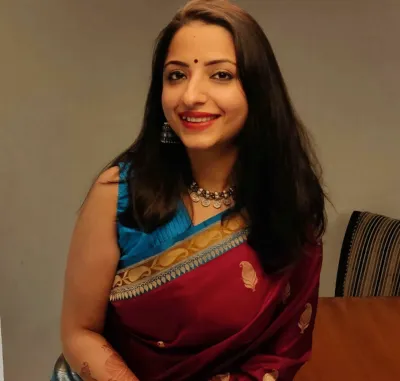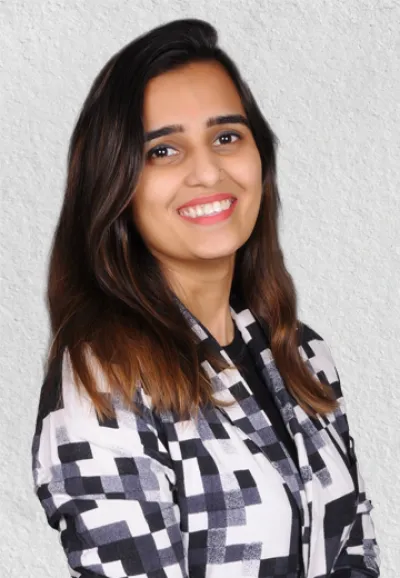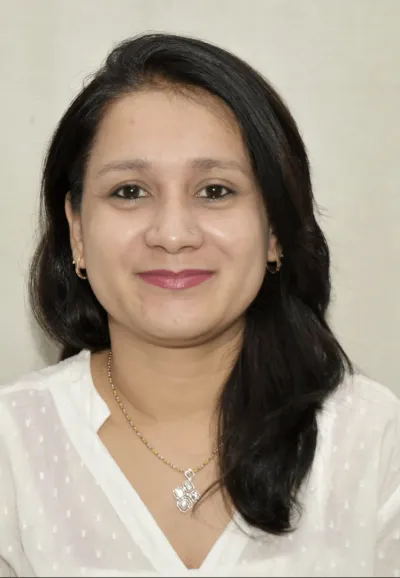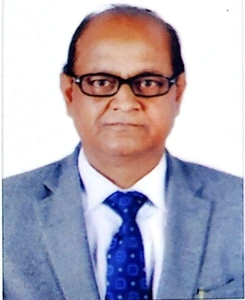Diabetes Reversal Program
Developed by India’s best Diabetes Doctors
Best diabetes doctors answer
Commonly Asked Questions
How many consultations will I get?
- For Type 2 Diabetes , you get a total of 6 Consultations in a span of 12 months
- Pre-Diabetes Pack is 4 months long and you get 2 Consultations in total
How much experience do these doctors have?
All our doctors have an experience of 20 years and above in helping patients dealing with Diabetes.
Will I get the above doctors?
Yes! You have the option to choose your diabetologist doctor with Sugar.fit.
Along with the above doctors, we have more best-in-class Sugar Specialists ready to serve you!
How will the doctor help me with my Diabetes?
- Once you join Sugar.fit, a dedicated doctor of your choice is assigned to you
- Our doctor's goal is to help you normalize sugar levels, reduce medication and maintain a healthy body weight
- Upon understanding your medical history and goals, the doctor will personalize a program that's well suited for you
- You get 6 consultations with your doctor in a 12-month program
- These consultations are 1-to-1 private sessions where you and the doctor will discuss your personal progress, concerns, etc.
- The doctor will also track your progress on Sugar.fit app, and then suggests necessary changes in nutrition, physical activity, medication, etc.
Real-life Success Stories Of Our Diabetes Reversal Program
Meet our Diabetes Reversal Coaches
sugar.fit's advantage to reverse diabetes
Why the programme really works.
Navigating Diabetes Mellitus:
Understanding Our Process for Reversing Type 2 Diabetes
Continuous Glucose Monitoring (CGM) Installation
A minimally invasive sensor is painlessly placed on your arm which will then provide real-time blood sugar data for personalized diabetes management.
Learn more
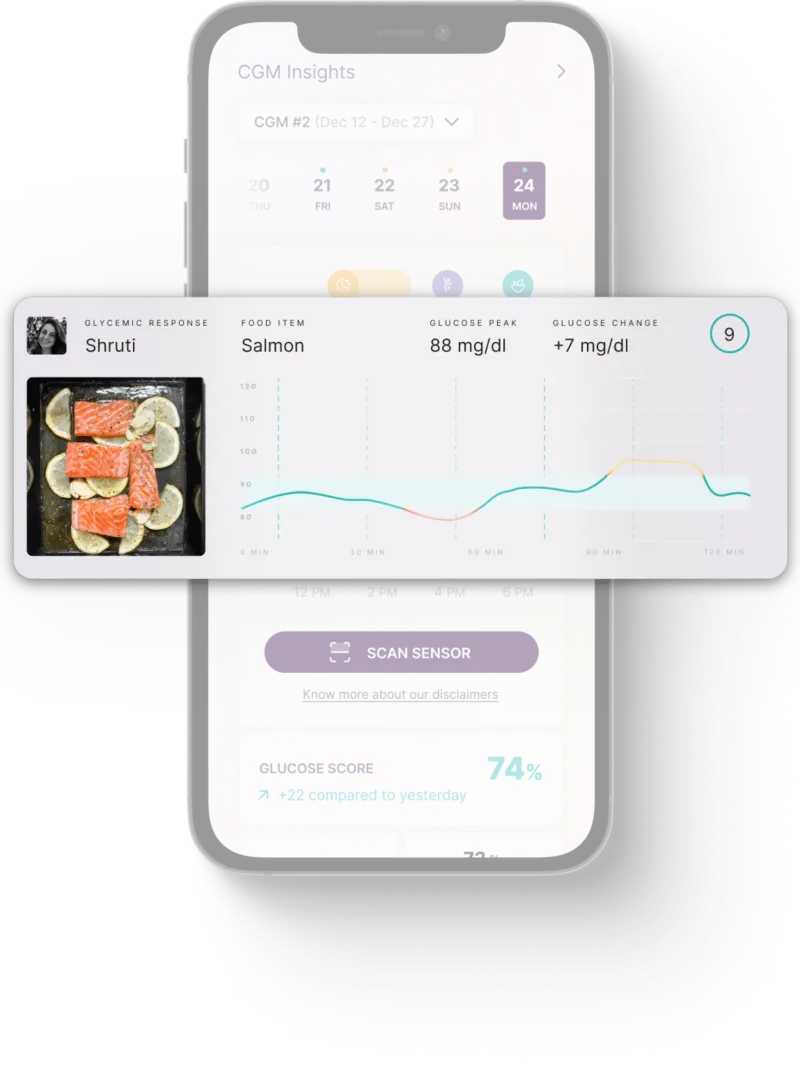
Comprehensive Diagnostic Evaluation
A detailed assessment exceeding 70 parameters, including HbA1c (glycemic control indicator) and vital signs will then be done to establish a thorough baseline for your health.
Learn more
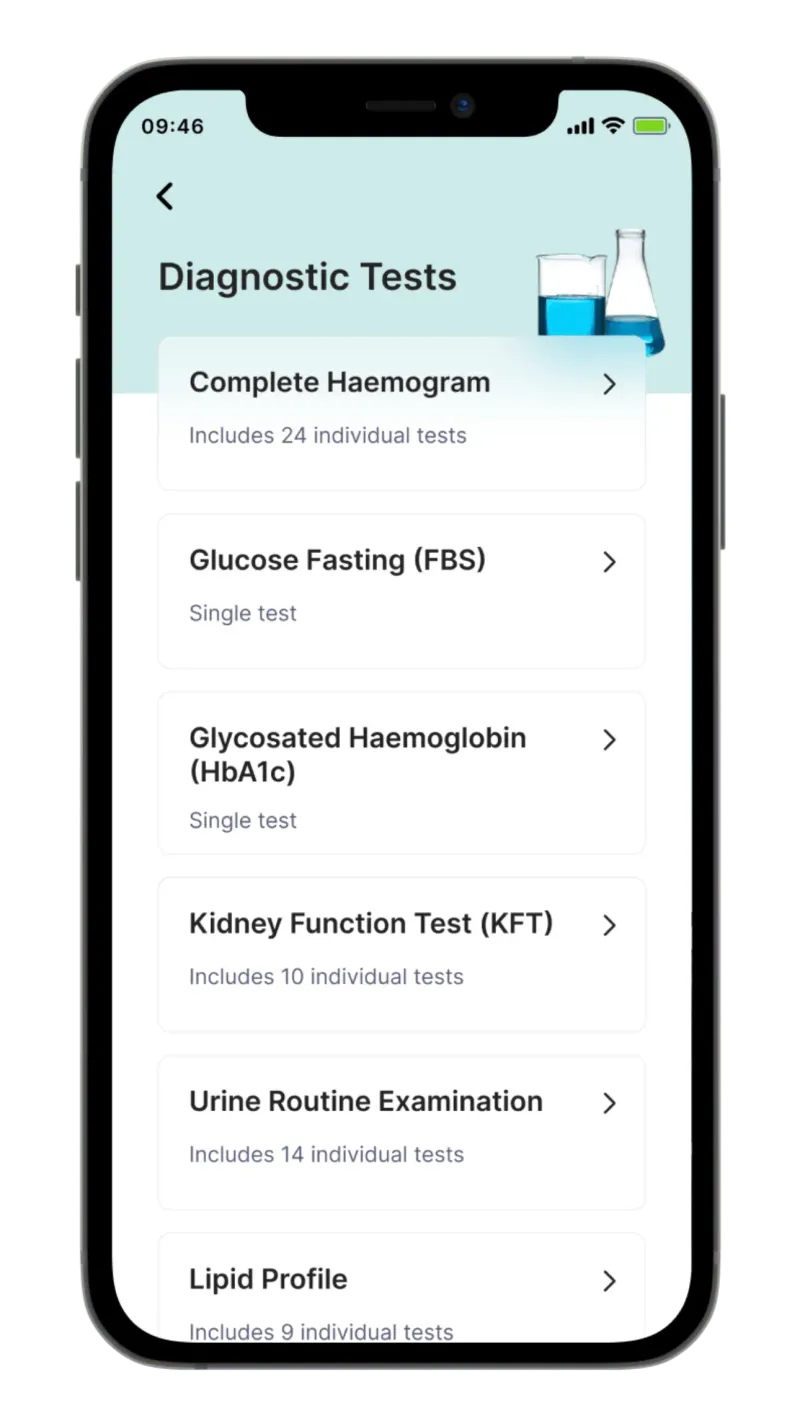
Personalized Coaching & Doctor Consultation
Following a 14-day CGM monitoring period and once your diagnostic test results are available, a health coach and doctor matched to your language and dietary preferences will work alongside to analyze your health data.
Learn more
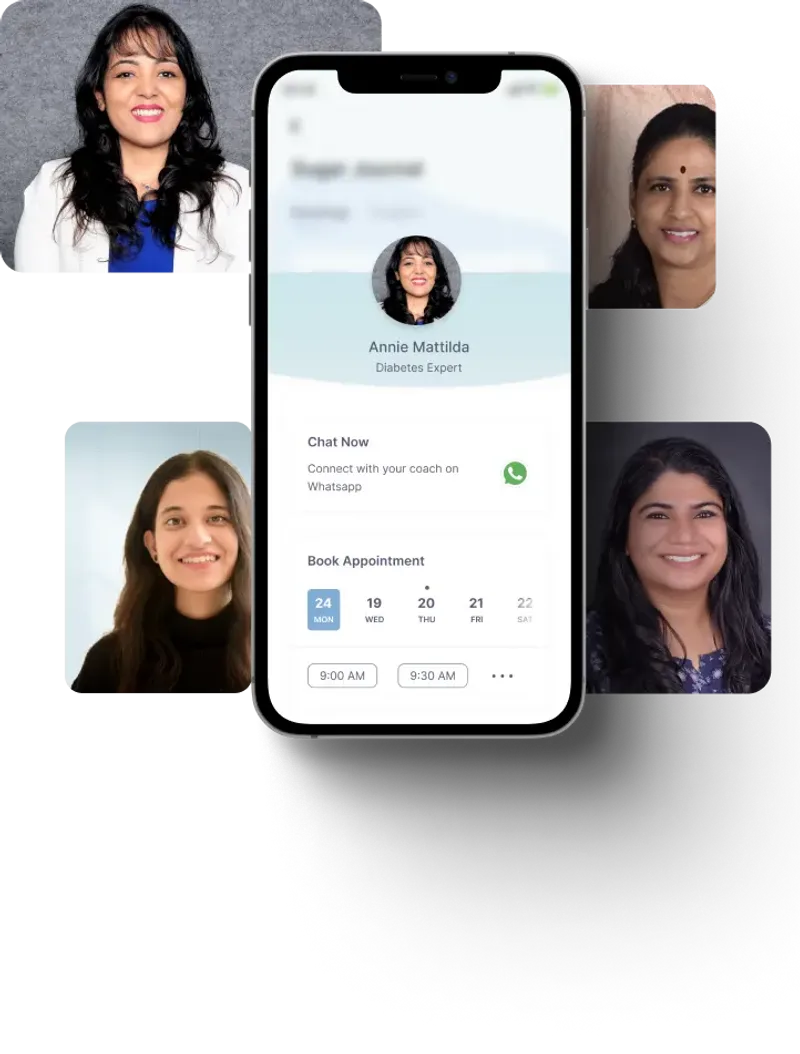
Data-Driven Personalized Plan
Leveraging insights from CGM data and consultations with your doctor and coach, a completely personalized diabetes care plan encompassing diet, exercise, and other relevant resources is made and shared.
Learn more
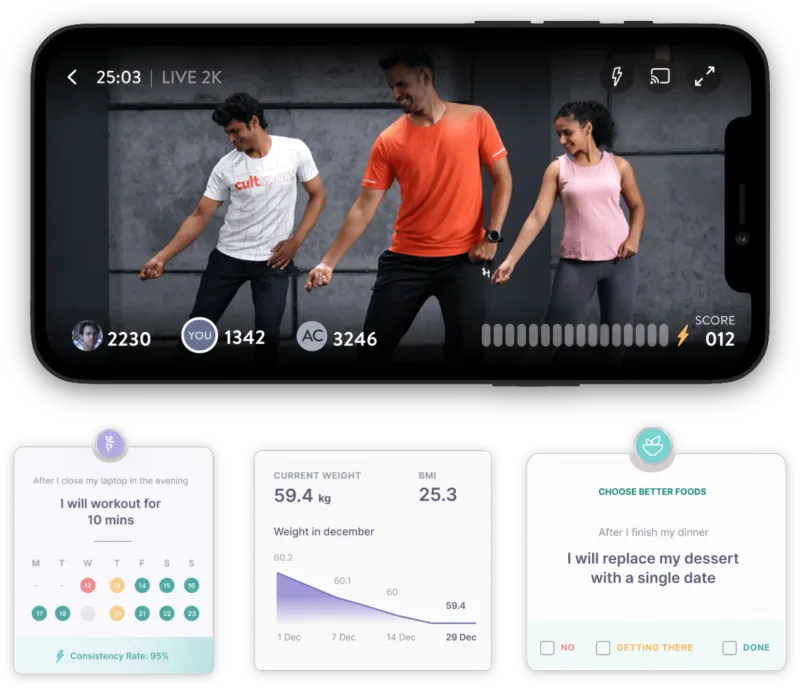
Supportive Community Integration
You will also be added into exclusive community groups comprising fellow program participants. Get encouragement and share experiences within these groups throughout your health journey.
Learn more
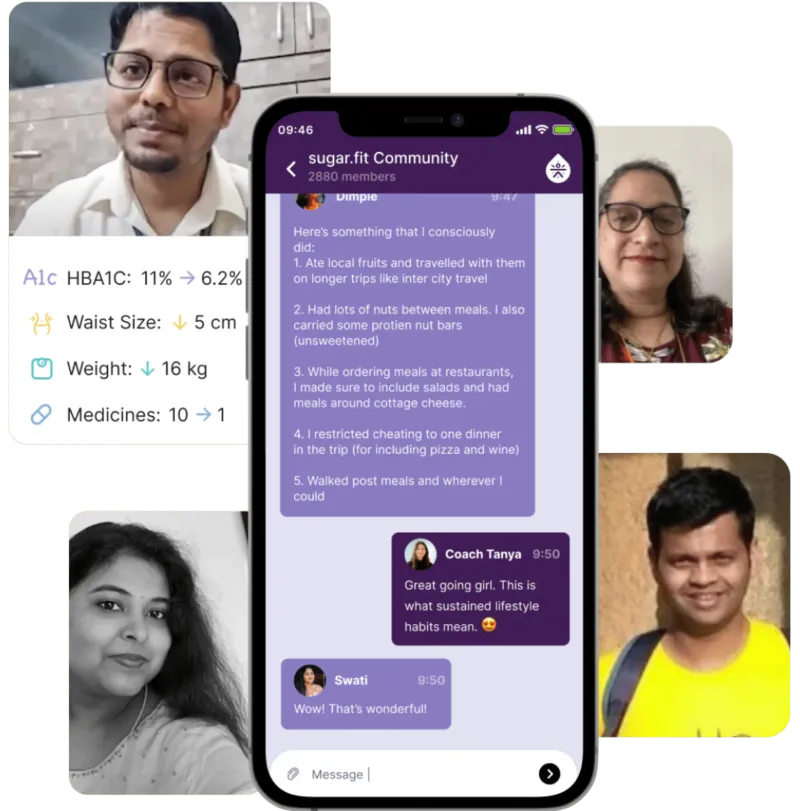
More FAQs
Are Genes Responsible for Type-2 Diabetes?
- Studies & Research suggest that only 20% of genes are responsible for diabetes
- Diabetes & Pre-Diabetes are mainly caused due to bad food habits & lifestyle
What are the complications of Diabetics?
The following are the long-term complications associated with Type-2 Diabetes:
- Hypoglycemia
- Vision Problems
- Kidney Failure
These can be postponed or even avoided by reversing diabetes in its early stages, say Diabetes Specialists.
What foods should Diabetics eat?
Here are a few delicious Indian food options for Diabetics:
- Chana Dal Pancake, Oat Idlis
- Dal, Brown Rice, Curd
- Whole Wheat Chapati/Roti, Curry
- Corn Chat, Veg Salad, Fruit Bowl, etc.
What foods should Diabetics avoid?
Diabetics should avoid the following foods in order to reduce Sugar Spikes:
- Trans Fats: Cake, Pastries, etc.
- Refined Food: White Bread, Maida, Sugar, etc.
- Processed Meat: Sausages, Canned Fish, etc.
- Saturated Fats: Burger, Donuts, Fries, etc.
These sugar spike-causing foods can be replaced with healthy alternatives.
Can I Reverse Type-2 Diabetes?
Diabetes Specialist Doctors say, Type-2 Diabetes can be Reversed:
- With simple lifestyle changes
- Eating what's right for you
- Monitoring Sugar Levels Constantly
- Avoiding habits that lead to Sugar Spikes
These sugar spike-causing foods can be replaced with healthy alternatives.
How does Sugar.fit Reverse Type-2 Diabetes?
- By constantly monitoring sugar levels via CGM Technology
- By providing you with a Personal Health Coach
- Through private discussions with a Personal Doctor to track progress
- By creating a detailed Nutrition Plan to suit your taste
- By conducting Live and DIY fitness and mindfulness classes
These sugar spike-causing foods can be replaced with healthy alternatives.
Customer Reviews For sugar.fit
Who is a diabetologist?
A diabetologist is a diabetes specialist doctor. These are doctors who have studied and practiced in the specialized area of the diagnosis and treatment of diabetes mellitus . Diabetologists are adept at helping their patients manage all the symptoms of diabetes and they are experts at diagnosing the condition. They are trained to work with people of all age groups – children and the older population. Diabetes and the different complications that may arise as a result of it would also be taken care of by these specialists. High blood pressure, weight gain, etc are something that the doctor would be able to help you with. Post their MBBS, these doctors would require an MD (usually in medicine) and/or a PG diploma in Diabetology to be thoroughly specialized in treating this complicated condition. Before visiting a doctor, making sure to check their credentials and qualifications is a good practice.
When do I need to see a diabetologist?
Visit a doctor who will help in the diagnosis and treatment of diabetes when you:
- Are feeling like you are experiencing the symptoms that could indicate the presence of this condition
- Have been diagnosed with prediabetes
- Have been diagnosed with any kind of diabetes and are looking for a diabetes specialist doctor to help you with the symptoms
- Have been diagnosed with diabetes and need regular follow ups
It is vital to be aware of this condition and deal with it at the earliest before it becomes chronic. Early diagnosis or preventative measures can ensure an overall healthy lifestyle with minimal restrictions. Diagnosis of Type 1 Diabetes or Type 2 Diabetes can get challenging to deal with, however, that is what these doctors are there to help you manage. Visiting the doctor and getting the tests done at the first signs of trouble would be ideal.
Are diabetologists and dieticians the same?
No, there is a stark difference in the qualifications and the area of treatment of a diabetologist and a dietician. Diabetologists have completed their MD in medicine and would have then gone on to a specialized degree in diabetology (PG Diploma). Their prime focus of treatment would be people diagnosed with diabetes or showing those symptoms. They would help their patients with doses of insulin to treat their high blood sugar levels.
A dietician, however, need not require an MBBS degree. They may not always be doctors but are allied healthcare professionals that can help with setting and planning a proper diet and nutrition chart. A master’s course would be the minimum requirement. Dieticians deal with all kinds of issues like – obesity, diabetes diet, thyroid, PCOS-related, workout regime diets, etc. Any food and nutrition-related queries can be solved by these specialists.
Should I go to a diabetologist for weight loss?
A diabetes doctor can be visited to help deal with weight loss in case the weight (gain) is associated with or linked to the diagnosis of diabetes. In other words, if you have been diagnosed with diabetes, and you aim to control your weight or lose some weight, the doctor you visit for your diabetes would be able to help you with it. They will also be able to guide you through the dose of insulin required in case of weight loss or gain. They can also educate you about the role that insulin plays in weight and fat gain. However, it is always recommended to also visit your dietician or nutritionist for weight loss along with a fitness trainer. An integrated approach using the help of different professionals would work best in the case of diabetes.
Can a diabetologist treat diabetes insipidus?
When a person studies and completes their MD in Medicine, they can opt for higher studies and finish a PG diploma course in diabetology. Studying this field of medicine would involve the studies of diabetes and its effects. This is primarily inclusive of diabetes mellitus and all the other aspects that can be associated with this condition. However, the studies also include diabetes in all its forms. Along with the proper diagnosis, a diabetes doctor would have also learned the treatment methods for other conditions like diabetes insipidus, type 1 or insulin-dependent diabetes, type 2 diabetes, and even gestational diabetes .
Since diabetes insipidus does not have anything to do with the pancreas and insulin as a hormone, they might also require treatment from a nephrologist since it has a lot to do with kidneys and electrolyte imbalance in the body. The sugar levels are not affected in this condition.
Does a diabetologist have physician training?
Yes, to become any kind of doctor, a basic MBBS degree is necessary for everyone. In these 5 (and a half) years of training to become an MBBS doctor, each individual would also receive physician training. This means that before completing the MD medicine course, the doctor would be able to practice as a physician. Additionally, with the MD in Medicine degree, these principles and learning would become even stronger. To become an endocrinologist, the degree would differ and it would be a DM specialization. Even these doctors have general physician training. In other words, any doctor, including a diabetes specialist doctor, would have physician training.
How can one be a diabetologist?
Becoming a doctor is a nuanced degree and requires years of training. Due to the plethora of specializations associated with becoming a doctor, there are many courses and additional years of study that one would have to engage in to reach their final goals. To become a doctor for diabetes, the study would have to be super specific, and technical knowledge would be essential in all the aspects of this condition. Firstly, an MBBS degree would be a must in any relevant discipline after clearing the NEET exam. This must be done from a college that is approved by the Medical Council of India. After the degree is complete, clear the NEET PG exam to enter into a college for a degree in MD (Medicine) This is a 3-year course. A NEET super specialty or a PG Diploma course can then be done to become a diabetologist.
Is an endocrinologist the same as a diabetologist?
There is a difference between an endocrinologist and a diabetologist. The latter is specific to dealing with – the diagnosis and treatment of people with diabetes. Essentially, these doctors practice a very specific kind of medicine that involves issues related to all types of diabetes . An MD degree in general medicine and a PG diploma in diabetology would get you to become a specialist.
Endocrinologists, however, deal with an umbrella of issues that come under the purview of the endocrine gland and system. These might also include diabetes and the complications associated with diabetes like thyroid. The qualifications would include a DM in Endocrinology. The complete education would involve the MBBS course and then their PG (added) course in the specialization. They also work in hospitals or clinical set-ups to gain more knowledge and hands-on practice. A person with diabetes can visit an endocrinologist for their symptoms.
Can a diabetologist treat complications of diabetes?
Diabetes is a nuanced disorder. It can affect not only the pancreas but also other different organs of the body like the liver, kidneys, heart, eyes, feet, etc. An endocrinology doctor who has studied all these different parts or a specialized doctor who deals with people with diabetes can be consulted for the same. Therefore, a doctor who has studied diabetology after their MD in Medicine will be adept at dealing with the complications associated with diabetes.
The syllabus is vast and they teach the doctors everything from the etiology of the condition to all the possible complications and the organs in the body that could be affected as a consequence of diabetes. Not only the bigger and major organs but recognized institutes and medical colleges would also ensure to complete the training holistically by including the lesser-known but equally prominent complications like – skin issues, muscle-related, sexual problems, etc.
Does a diabetologist prescribe diet changes too with medicines for diabetes?
Since a doctor for diabetes is aware of the different ways in which the body of a person with diabetes works, they would be educated enough to help the patients out with the broad aspects of food and nutrition. However, their practice is largely based on providing the right kind of insulin dose and guidance to maintain proper and healthy blood sugar levels . Even though they are aware of food and nutrition and how a particular patient’s body might respond to certain foods based on the diagnosis, their study on the overall diet and food sciences would not be enough. It would, therefore, be vital to include and consult a dietician in the diabetes treatment and management plan – especially regarding the dietary aspects. They would be a better guide in terms of what to eat and what to avoid and could teach you intricate things like carb counting as well.
1-on-1 call with our Diabetologist
All rights reserved © sugar.fit 2021.

